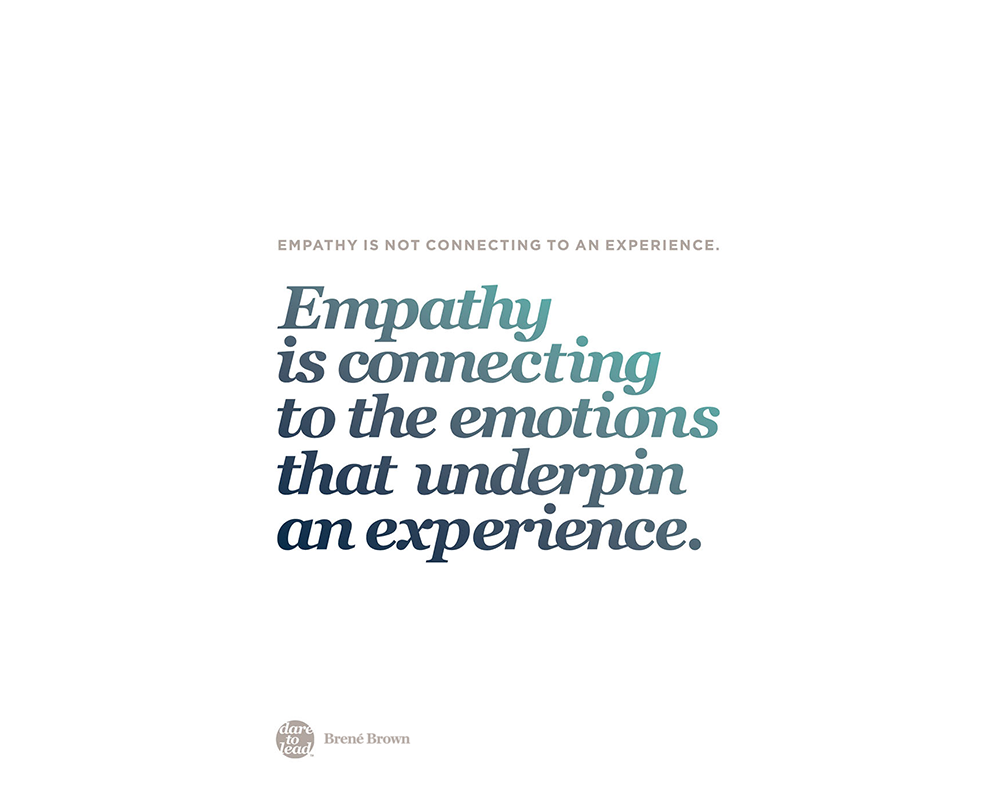Brene Brown Empathy

In the world of psychology and personal development, few names carry as much weight as Brené Brown. Renowned for her work on vulnerability, shame, and resilience, Brown’s insights have resonated with millions worldwide. One aspect of her work that stands out prominently is her exploration of empathy and its transformative potential in human relationships.
Empathy, as Brown defines it, is the ability to understand the feelings of others, to connect with them on an emotional level, and to communicate that understanding. However, what sets Brown’s approach apart is her emphasis on the importance of boundaries and discernment in practicing empathy effectively.
Central to Brown’s understanding of empathy is the concept of empathy versus sympathy. Sympathy, she explains, often involves pity or feeling sorry for someone from a distance, while empathy requires a deeper engagement and genuine connection. It’s about “feeling with” rather than “feeling for” another person. This shift in perspective is profound and forms the foundation of her work.
One key aspect of Brown’s message is the necessity of boundaries in empathy. While empathy is crucial for meaningful connections, it’s equally important to establish boundaries to prevent emotional exhaustion or burnout. Brown emphasizes the importance of recognizing our limits and practicing self-compassion, understanding that we cannot always be available to everyone at all times.
Furthermore, Brown highlights the significance of empathy in fostering belonging and connection. In a world that often emphasizes individualism and self-sufficiency, the ability to empathize with others can bridge the gap between isolation and community. By embracing vulnerability and actively listening to others’ experiences, we create spaces where everyone feels seen, heard, and valued.
Moreover, Brown’s work underscores the role of empathy in cultivating resilience and courage. When individuals feel understood and supported, they are more likely to take risks, confront challenges, and pursue their goals despite setbacks. Empathy, therefore, becomes not only a tool for building relationships but also a catalyst for personal growth and empowerment.
In practical terms, Brown offers several strategies for cultivating empathy in everyday life. These include active listening, asking open-ended questions, and practicing perspective-taking. Additionally, she encourages individuals to cultivate self-awareness and mindfulness, as these qualities are essential for empathetic engagement with others.
Conclusion
Brené Brown‘s approach to empathy offers a refreshing perspective on human connection and personal development. By emphasizing the importance of boundaries, vulnerability, and courage, she provides a roadmap for building authentic relationships and fostering resilience in the face of adversity. In a world hungry for genuine connection, Brown’s insights remind us of the profound impact empathy can have on our lives and the lives of those around us.





